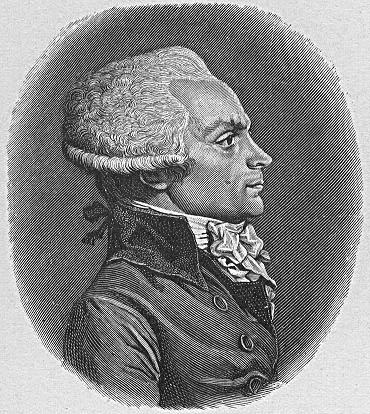In his 1835 work on Religion and Philosophy in Germany, Heinrich Heine makes this strong claim about Immanuel Kant’s philosophy. While many have characterized Kant as fundamentally a man of reason and a paragon of the Enlightenment, Heine suggests otherwise:

“But though Immanuel Kant, the arch-destroyer in the realm of thought, far surpassed in terrorism Maximilian Robespierre, he had many similarities with the latter, which induce a comparison between the two men.” (p. 109)
Yet few who knew Kant realize what his philosophy implies, in part because few even see philosophy as significant:

“had the citizens of Konigsberg had the least presentiment of the full significance of his ideas, they would have felt a far more awful dread at the presence of this man than at the sight of an executioner, who can but kill the body. But the worthy folk saw in him nothing more than a Professor of Philosophy”.
Is Heine perceptive — or outrageous? For more, see Chapter 2 of my Explaining Postmodernism: Skepticism and Socialism from Rousseau to Foucault.